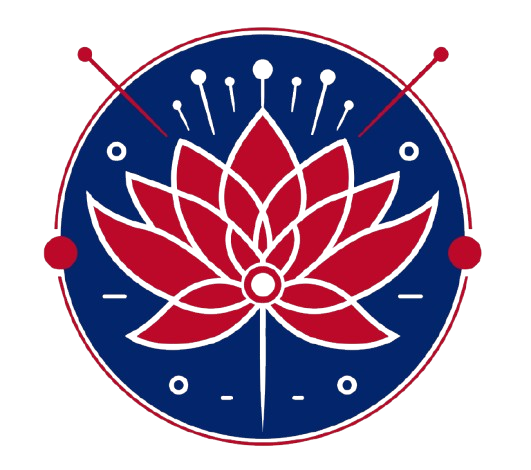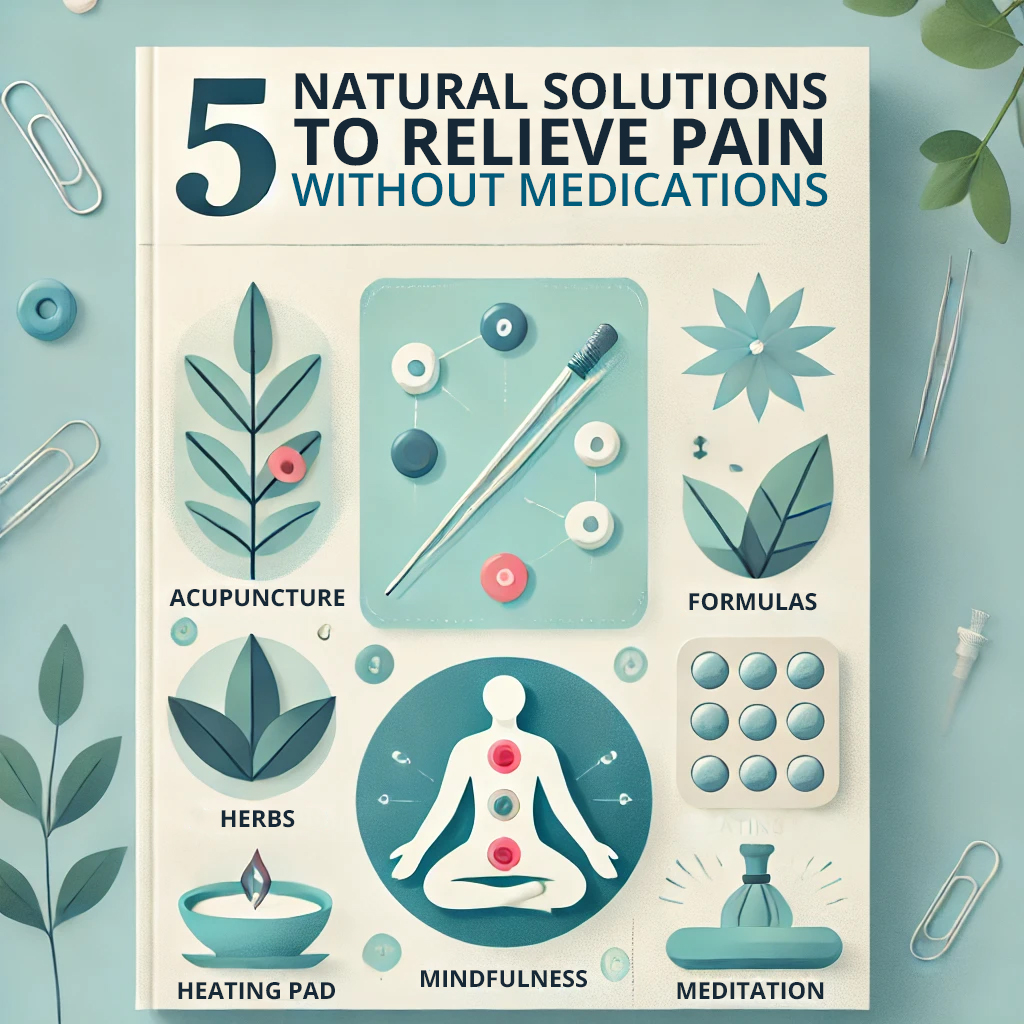You’re not alone in your struggle with vertigo, a debilitating condition that affects millions, causing a disorienting spinning sensation, nausea, and balance difficulties that can disrupt daily life. Fortunately, acupuncture offers a holistic, drug-free approach to managing vertigo, providing long-term relief without medication interactions. By targeting specific pressure points, acupuncture promotes the release of endorphins and neuropeptides, often bringing improvements within 30 minutes of treatment. With a high safety profile and minimal risk of adverse effects, you can expect to regain your balance and confidence – and discover a more natural path forward that’s tailored to your unique needs.
Key Takeaways
- Acupuncture is a holistic, drug-free approach to vertigo management, providing long-term relief without medication interactions and side effects.
- Specific acupuncture points like Neiguan (PC6) and ST36 target pressure points to stimulate the nervous system, promoting vertigo relief within 30 minutes.
- Studies show significant reductions in dizziness among participants, with initial improvements expected within 3-4 sessions and complete relief achievable in 20-40 sessions.
- Personalized treatment plans incorporate herbal medicine expertise and are tailored to individual needs, with each session lasting 30-60 minutes.
- Aftercare guidance includes hydration, rest, and balance training exercises to help restore balance and alleviate vertigo symptoms.
Understanding Vertigo Symptoms
When you experience vertigo, you’re likely to feel a disorienting spinning sensation that’s often accompanied by symptoms like nausea, vomiting, and balance difficulties – all of which can greatly impact your daily life. These symptoms can be debilitating, making it difficult to perform everyday tasks. You may also experience abnormal eye movements, tinnitus, or sweating, which can further exacerbate the discomfort. Chronic neck pain, often caused by muscle strain and poor posture, can also contribute to vertigo symptoms. Additionally, stress and anxiety can increase muscle tension, leading to vertigo episodes.
The symptoms of vertigo can vary in severity, ranging from mild discomfort to debilitating episodes that affect your ability to function normally. Identifying the triggers of your vertigo episodes is essential, as they may be related to specific movements or underlying health conditions affecting the inner ear or central nervous system. In some cases, like benign paroxysmal positional vertigo (BPPV), the inner ear is affected by calcium particle clumping, leading to vertigo symptoms.
Understanding your vertigo symptoms is key to effective treatment and management. By recognizing the signs and symptoms of vertigo, you can take the first step towards restoring balance and alleviating dizziness.
Conventional Vs Acupuncture Treatment
Now that you understand your vertigo symptoms, it’s time to weigh your treatment options. You’re probably considering conventional treatments, but it’s crucial to explore alternative approaches as well. Conventional treatments for vertigo often include medications that may provide temporary relief but come with side effects and don’t address the underlying causes. In fact, studies have shown that insomnia, which affects approximately 30% of adults, can be a contributing factor to vertigo symptoms, and holistic insomnia treatment can provide a more thorough approach to addressing the root cause of the problem. On the other hand, acupuncture targets specific pressure points to stimulate the nervous system, potentially offering a drug-free alternative for managing vertigo symptoms without the risk of medication interactions.
Acupuncture has been shown to lead to significant decreases in dizziness and discomfort, with improvements often noted within 30 minutes of treatment after just a few sessions. Unlike conventional treatments that may require ongoing medication use, acupuncture aims to provide long-term relief by improving blood flow and balancing the body’s systems over a series of sessions. With a favorable safety profile and minimal risk of adverse effects, acupuncture is a viable option for those seeking holistic approaches to treat their vertigo. By choosing acupuncture, you can experience long-term relief from vertigo symptoms without relying on pharmaceuticals.
How Acupuncture Relieves Vertigo
Three acupuncture points, including Neiguan (PC6) and ST36, are specifically targeted to relieve vertigo symptoms. By stimulating these points, acupuncture helps to balance your nervous system and alleviate discomfort. You may experience relief within just a few sessions, as the therapy promotes the release of endorphins and neuropeptides, enhancing blood flow and overall well-being. This, in turn, can contribute to improved balance and a decrease in dizzy spells. In fact, acupuncture has been recognized by the World Health Organization (WHO) for treating various conditions, including pain pain management, and its effectiveness in relieving vertigo symptoms is backed by research. A 2015 study demonstrated significant decreases in dizziness and discomfort among participants after acupuncture treatment, with relief often experienced within 30 minutes. As you undergo acupuncture sessions, you can expect initial improvements in your vertigo symptoms to occur within 3-4 sessions, with complete relief possible after 20-40 sessions over a span of 2-5 months. By targeting specific points, acupuncture works to restore balance to your balance system, providing a safe and effective alternative to conventional treatments.
Efficacy and Benefits of Acupuncture
Sixty participants in a 2015 study experienced significant reductions in dizziness and discomfort after acupuncture treatment, with relief starting within 30 minutes. This illustrates the efficacy of acupuncture as a treatment option for vertigo. As you explore acupuncture, you’ll find it offers a holistic, drug-free approach to managing vertigo, minimizing concerns about side effects and medication interactions. Similar to its benefits for digestive health, where it regulates energy flow and improves nutrient absorption, acupuncture can also have a positive impact on vertigo symptoms. You can expect to see initial improvements in vertigo symptoms within 3-4 sessions, with complete relief possible in 20-40 sessions over 2-5 months. The therapy enhances your well-being by increasing endorphin and neuropeptide levels, improving blood flow and reducing pain associated with vertigo. With a high safety profile and minimal risk of adverse effects when performed by qualified practitioners, acupuncture is a reliable treatment for vertigo symptoms. By incorporating acupuncture into your treatment plan, you can regain control over your life, free from the debilitating effects of vertigo.
Your Acupuncture Treatment Experience
As you prepare to commence your acupuncture journey for vertigo, it’s natural to wonder what the treatment experience entails. You’ll be pleased to know that acupuncture sessions are designed to promote relaxation and alleviate symptoms of vertigo, including dizziness and nausea. Your practitioner may also draw upon herbal medicine expertise to create a personalized treatment plan that addresses underlying health issues which can contribute to vertigo. As a holistic approach, this integration can enhance the effectiveness of your vertigo treatment. Each session typically lasts between 30 to 60 minutes, allowing your practitioner to tailor the treatment approach to your individual needs. You’ll feel relaxed during the session, and initial improvements in vertigo symptoms may be noticeable within 3-4 sessions, with complete relief taking 20-40 sessions over a span of 2-5 months. After the session, your practitioner will provide guidance on aftercare, including hydration, rest, and monitoring symptoms to optimize recovery and effectiveness of treatment. Your practitioner may also recommend balance training exercises to help improve your inner balance and reduce symptoms of benign paroxysmal positional vertigo.
Frequently Asked Questions
How Effective Is Acupuncture for Vertigo?
You’ll be relieved to know that acupuncture is highly effective for vertigo, with studies showing significant decreases in discomfort and dizziness, especially when targeting points like Neiguan (PC6) and ST36, offering a safe and natural alternative to conventional treatments.
Does Balance Therapy Help Vertigo?
You’re wondering if balance therapy really makes a difference for vertigo? The answer is yes! Research shows that targeted exercises like gaze stabilization and proprioceptive training can greatly reduce dizziness, improve coordination, and enhance overall stability, empowering you to regain control.
Where Is the Acupuncture Point for Vertigo?
You’re looking for the acupuncture point that targets vertigo? Well, you’ll find it on your inner forearm, about three fingerbreadths away from the wrist crease, at Neiguan (PC6), which is renowned for alleviating nausea and dizziness.
Can Acupuncture Help Vestibular Disorder?
You’re about to uncover a game-changing solution for vestibular disorders! Acupuncture can indeed help, and research proves it: a 2015 study showed significant decreases in discomfort and dizziness after just one session, with no adverse effects reported.
Conclusion
As you bid farewell to vertigo’s debilitating grip, you’re embracing a life where balance and harmony reign. In contrast to conventional treatments that mask symptoms, acupuncture tackles the root of the issue, fostering a profound sense of wholeness. You’re not just managing vertigo – you’re transcending it.
Step Into a Healthier Future
At Elite Care Acupuncture & Alternative Medicine, we are dedicated to helping you achieve your best health through personalized, holistic treatments. Whether you’re seeking relief from pain, managing stress, or exploring natural health solutions, our team is here to support your journey.
Connect with Us:
Address:
1105 7th Avenue North, Saint Petersburg, FL 33705
Phone: +1 (727) 606-8700
Website: www.EliteCare.clinic



